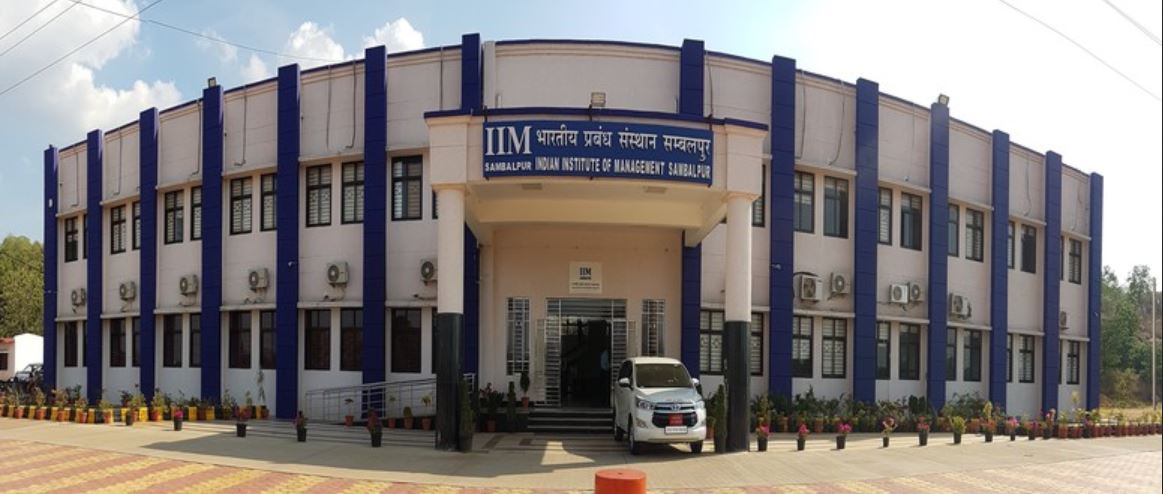Cold damages paddy seedlings
In perhaps the first of its kind incidence in the state, farmers in western Odisha suffered large-scale damage of paddy seedlings due to excessive cold this year.
Agricultural scientists said since mercury levels dropped below 10 degrees Celsius in the first week of January, the seedlings suffered cold injury. A team of agricultural scientists from Orissa University of Agriculture and Technology, led by Kailash Bihari Mohapatra and Bijay Kumar Mishra, visited the area recently to ascertain the exact cause of the crop damage and find solutions.
Guru Prasad Tripathy, deputy director of Bhubaneswar-based Institute of Management of Agricultural Extension (IMAGE), who accompanied the OUAT scientists to the region, said persistent cold injury gave rise to fungal infections, damaging the seedlings. Tripathy, who toured around 25 villages in Bargarh, Sambalpur and Boudh districts, said the damage was widespread.
December-January is the sowing time for Rabi crop in the Hirakud command area of Bargarh, Balangir, Sonepur, Boudh and Sambalpur districts. Two fungi, pithium and eusarium, which are commonly present in the soil, got active and harmed the seedlings sowed in the last week of December and first week of January, Tripathy said.
Farmers said crop damage due to cold was unheard of so far. “I have suffered loss due to scanty rainfall or floods. It is for the first time, the loss is due to winter,” said Sadhuram, a farmer in Bargarh district.
“Over 2,000 heactres of paddy nursery was affected in Bargarh district alone,” said Biren Churia, district agriculture officer of Bargarh. Churia said farmers in the region were used to early sowing. It worked the previous years because temperature in the region generally remains above 15 degree. However, this year they were caught unawares. Farmers who sowed the seedlings after January 7 have not suffered the damage.
On agriculture scientists’ advice, the authorities are trying to train the farmers about possible ways out. “We have advised farmers to stop transplants of the affected seedlings, discard water from the nursery and spray the recommended antidotes and wait till the crops recover. In case the damage is beyond repair, farmers should directly sow fresh seeds instead of going for seedlings from the nursery,” Churia said.






 IIM Sambalpur
IIM Sambalpur
Leave a Reply